- Anti-aging
- Ingredients
- Skin care 101
Let's Talk About Parabens In Skincare
Parabens are chemicals that are used in the cosmetic and pharmaceutical industries to prevent bacteria from fungus growing in your product. Parabens are esters of para-hydroxy benzoic acid. The most common parabens are: Methyl Paraben, Ethyl Paraben, Propel Paraben and Butyl Paraben. Parabens are found in plant sources, i.e., for example blueberries contain Methyl Paraben. Most people are not allergic to parabens, but they could cause skin irritations in individuals with paraben allergies.

The controversy surrounding parabens started in the U.K. when molecular biologist, Phillppe Darbre, found traces of parabens in the samples of 20 breast tumors. No studies have been conducted on the lifestyle of these individuals. In animal experiments, parabens have shown very weak estrogenic activity. For example, Butyl Paraben was determined to be approximately 100 times weaker then that of Estradiol, and was only observed at a dose level approximately 25 times higher then the level typically used to preserve products. In Europe, which has much more stringent laws then in the U.S., safety assessment of parabens concluded that cosmetics containing parabens do not pose any health risks.
There have been numerous studies done on parabens, and they are still not linked to health issues.
My personal opinion is that the doses are extremely low, and in most products, the concentration is 0.4%, which is just enough to kill the bacteria and fungus.
Now, on a personal note, I’m very tired and bored of listening to uneducated guesses and speculations. I’ve been eating and feeding my family organic foods for most of our lives. I have spent thousands of dollars on a lifestyle that tries to minimize chemical intake. Why would you want to pollute your body if you don’t have to? Of course you don’t want to. However, I always let reason prevail. For example, one of the worst things that you can possibly do to your body is eat sugar. Yes, even organic sugar; it is poison to your system and a nutritional feast to cancer cells. Not to mention alcohol. And no, your red glass of wine is not anti-aging. You should consume Resveratrol (an anti-aging ingredient in red wine) in an extracted form if you really want some considerable impact. So, am I telling you to not have a glass of red wine once in a while? No. But, then again, I’m not your doctor.
What I am saying is that your daily lifestyle is much more polluting to your system then 0.4% of parabens in your anti-aging regimen.
In my long career as an Esthetician and Founder of Kinara Skin Care Clinic & Spa, I have met clients who live an extremely clean lifestyle. They do not consume sugar, wheat, alcohol or caffeine, they do not color their hair, and most use organic clothing on their body when they can. I have full respect, understanding and adoration at times. For them, the best choice of skin care is pure coconut oil (the one that you can eat), olive oil and aloe vera plant gel directly applied to skin. Of course, there are some other things you could even do: you can mix yogurt with honey as a mask, use the water from cooked oatmeal as a face tonic, etc. However, that’s about where it ends.

Here at Kinara, we do have the occasional clients for whom that kind of regimen can work. But 99% of the time, individuals who use “natural, paraben-free skincare” have the worst skin imaginable. They are always broken out and their skin is irritated. Not surprising, considering the amount of rancid ingredients that is applied daily unbeknownst to them. On average, it can take up to six months to correct their skin and only if they agree to stop their natural regimen.
There is no such thing as natural anti-aging products. One thing that you should never do is spend money on organic skin care products. They’re loaded with bacteria and mold. I would hate for you to see what mold and bacteria can do to your skin, and occasionally an eye. The only organic skin care preparation should be something you make from fresh ingredients and stored in your refrigerator for no more than two days.
And what about Kinara products? In order to have high-quality, superior anti-aging products, you can’t have mold and bacteria as the main characters. And that is exactly what happens when you do not preserve properly. Most of Kinara’s products are preserved with parabens in order to stay just that. High quality. Effective. Safe.
When possible, we always look at alternatives and implement them. I am sure that you have heard that you can “safely” preserve products with grapefruit seed extract, etc. That is simply untrue. There are some promising findings coming from Japan that show honeysuckle extract may possibly be a good alternative to parabens. Yet if that were confirmed, Kinara would be the first company to switch. But, until then, I am not particularly worried. (Well, maybe about the big chocolate cake I ate last week!)
So, to recap, if you’re anything like me whose focus is to eat as clean as possible, exercise regularly, avoid hydrogenated oils and sugars, eats lot’s of greens and drinks lot’s of clean and pure water, go ahead and enjoy your anti-aging cosmetics.
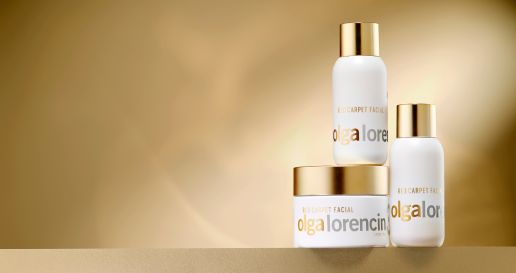
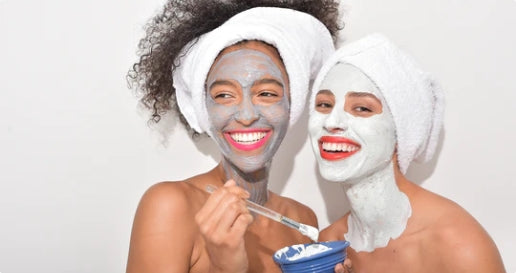
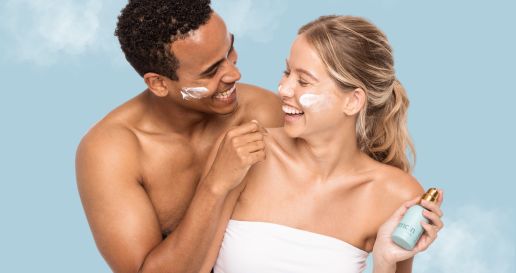
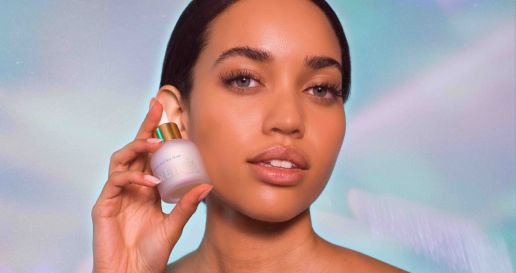
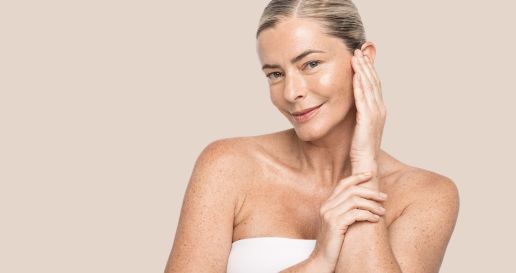
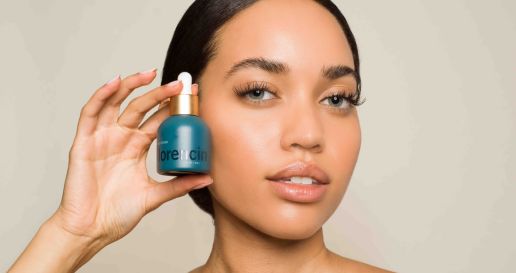
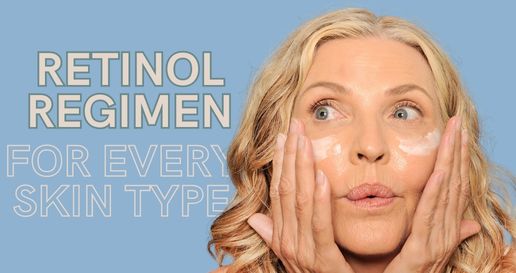
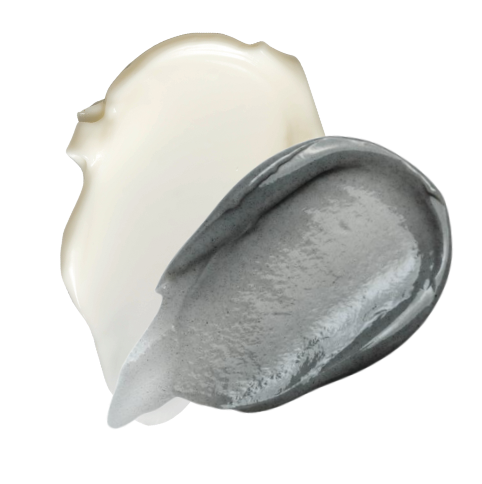
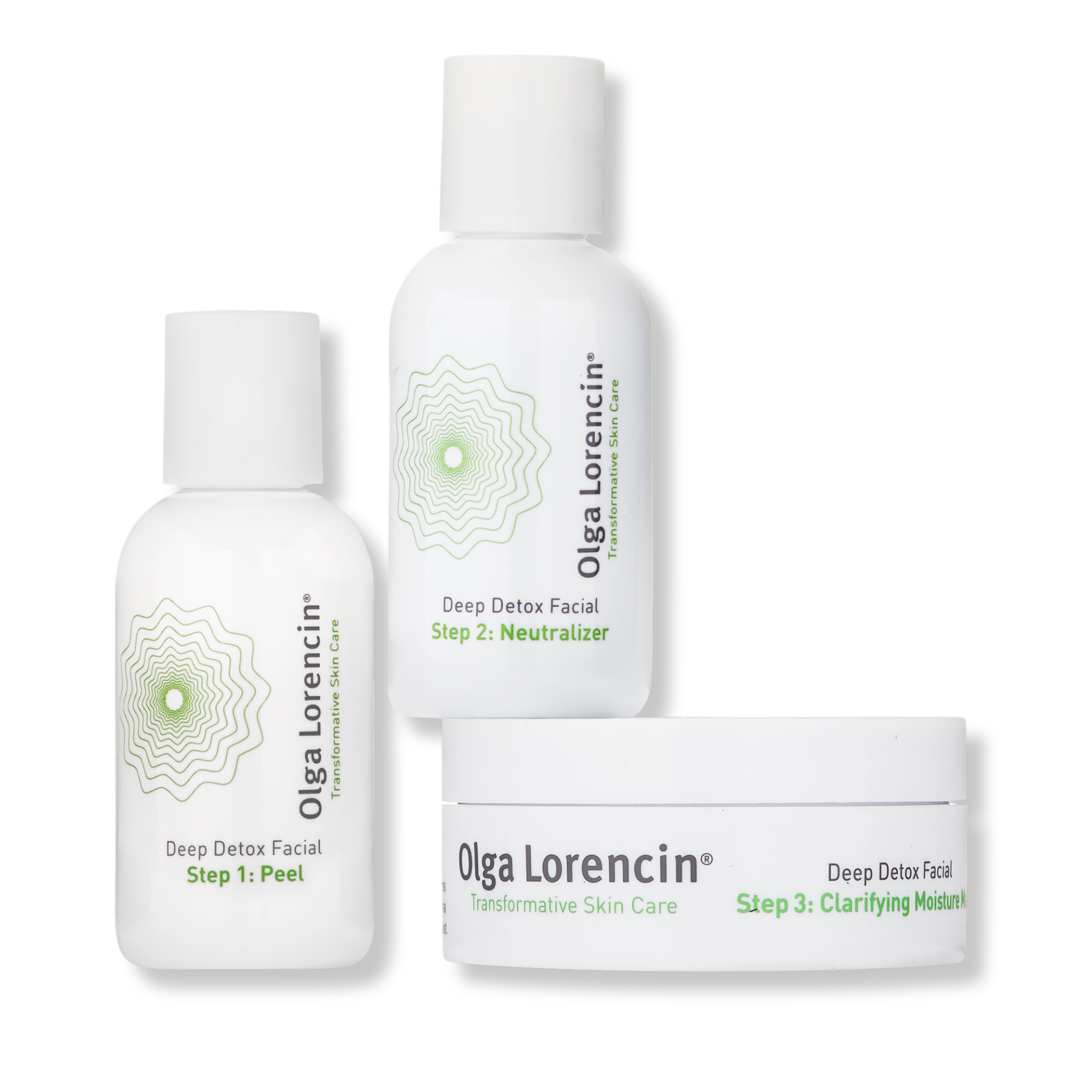
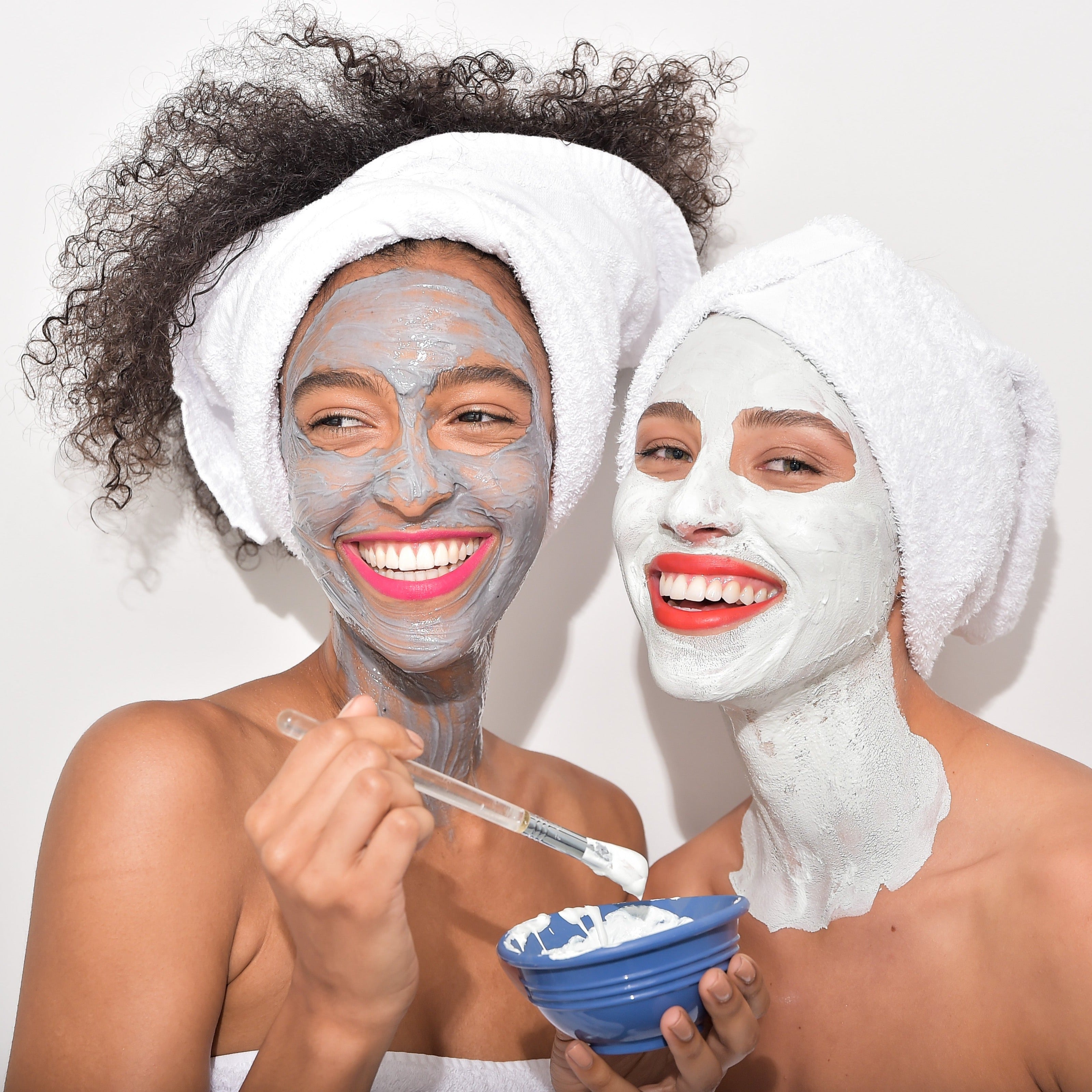
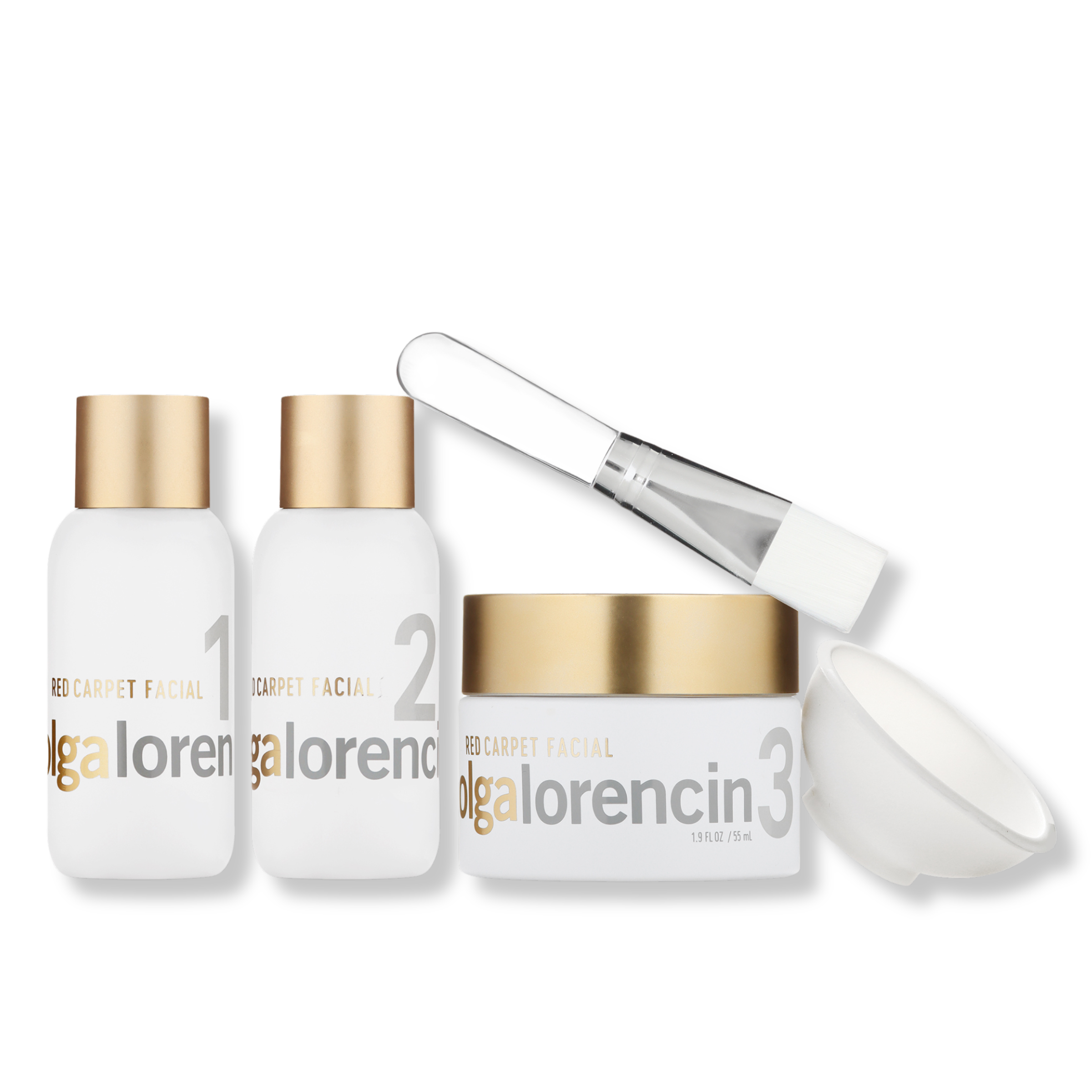
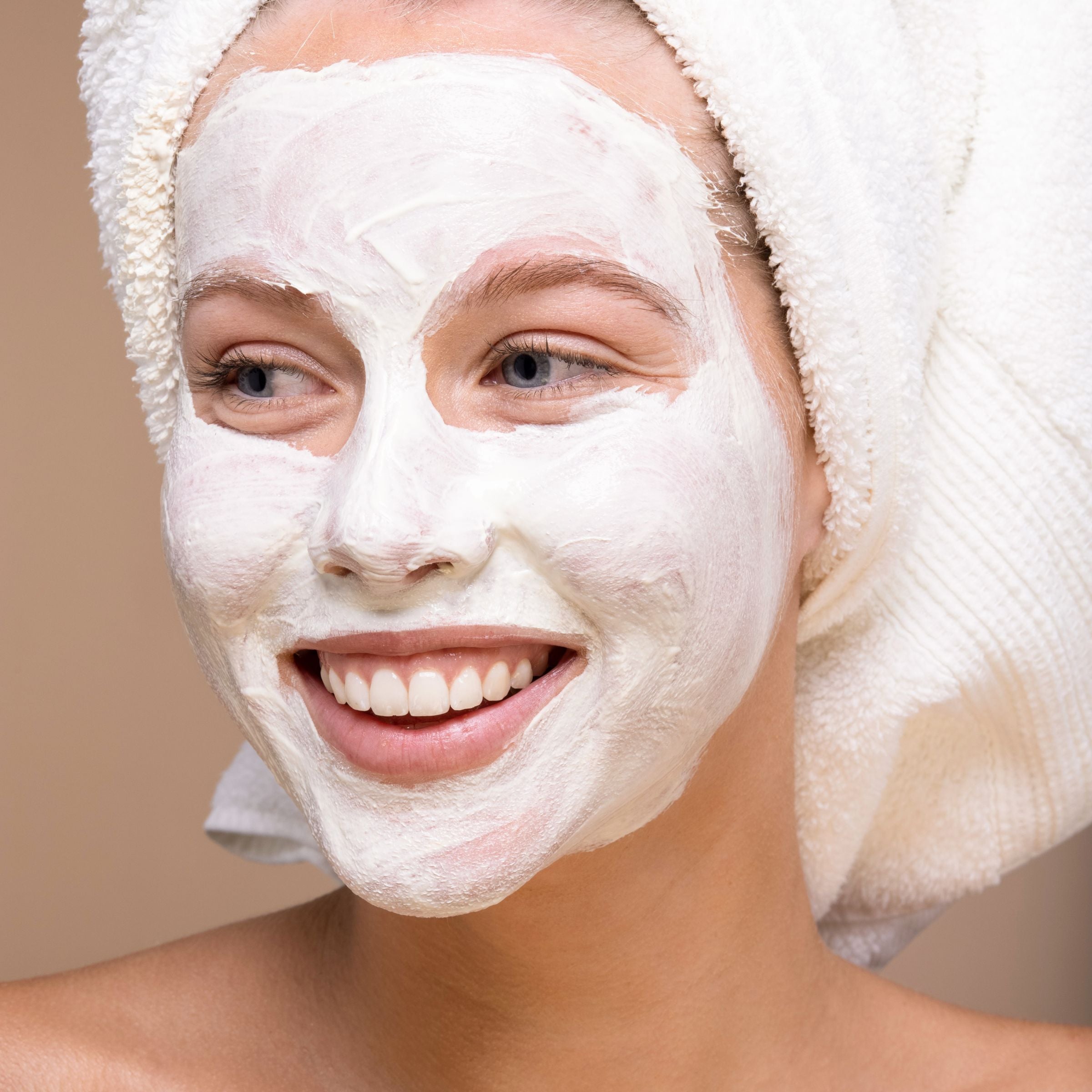
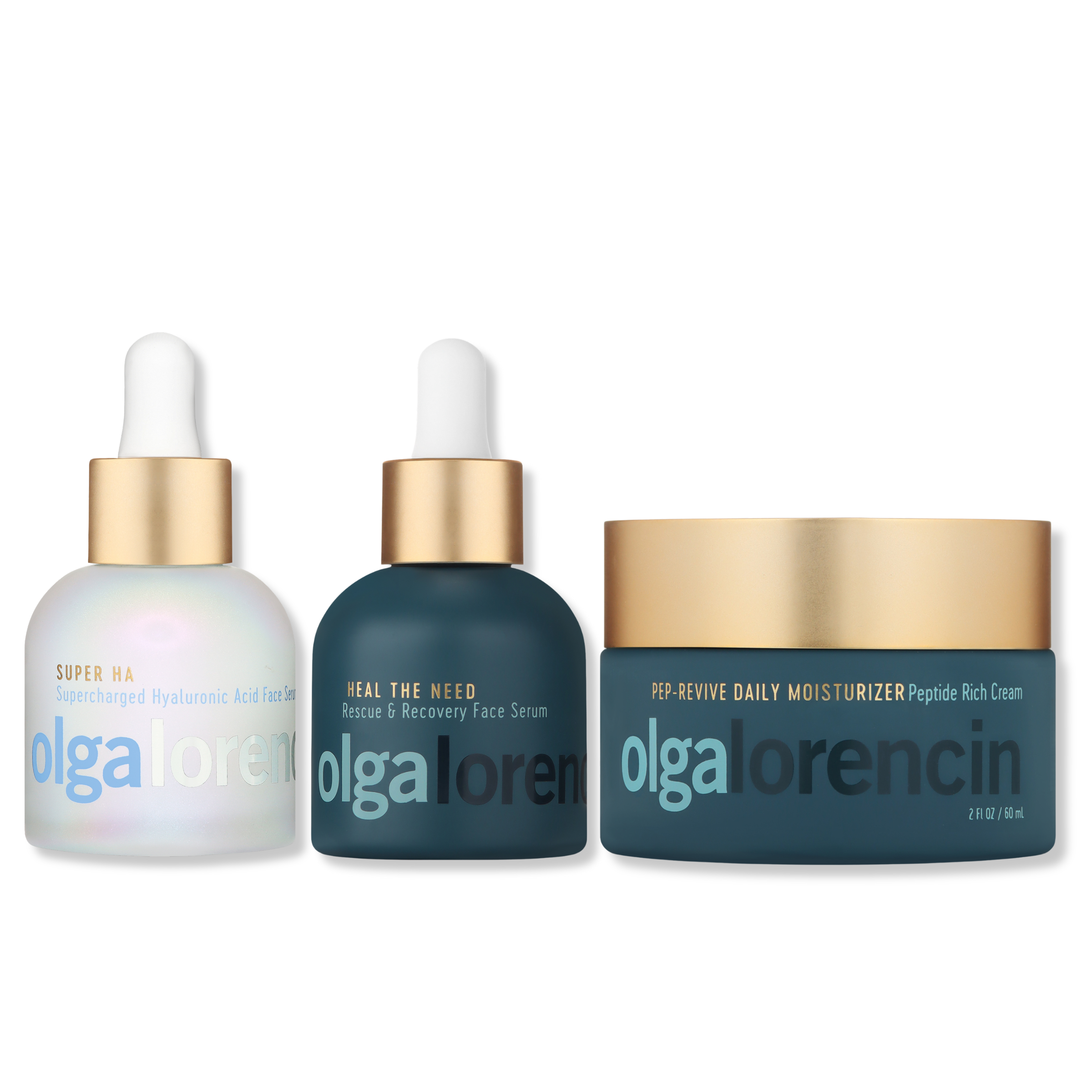

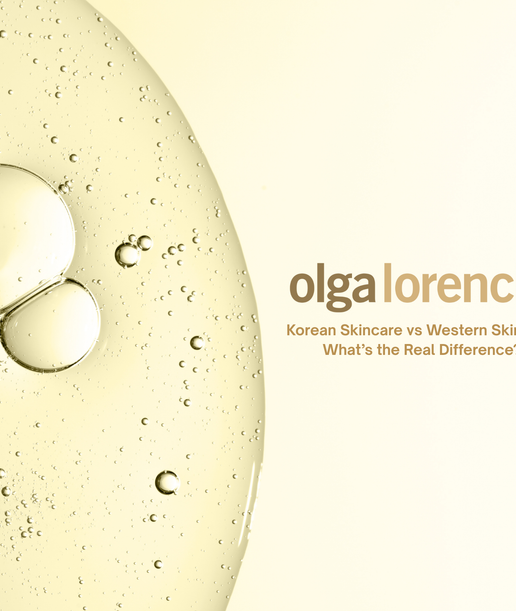
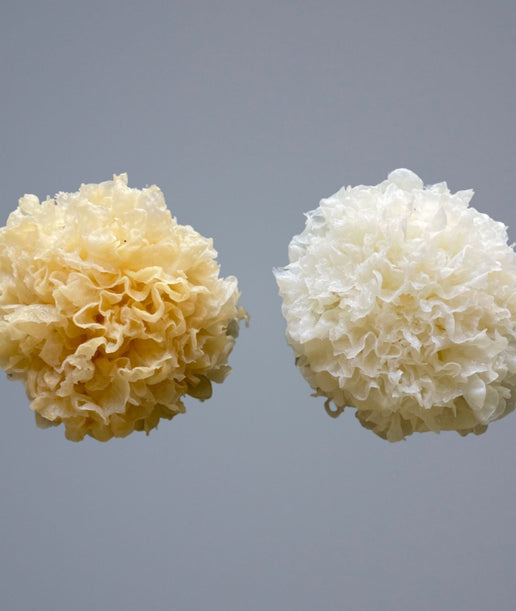
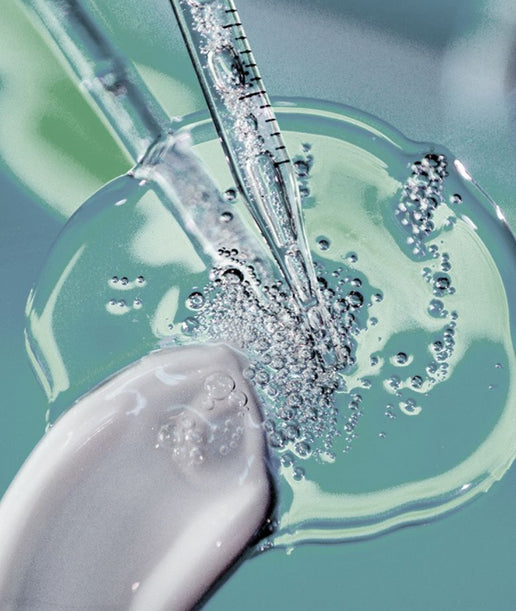
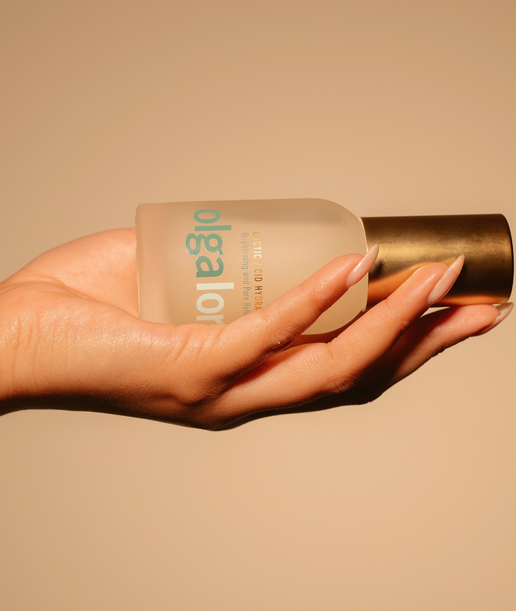
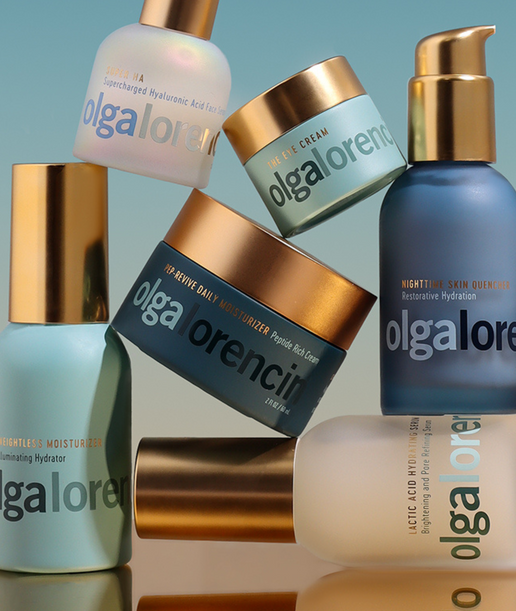
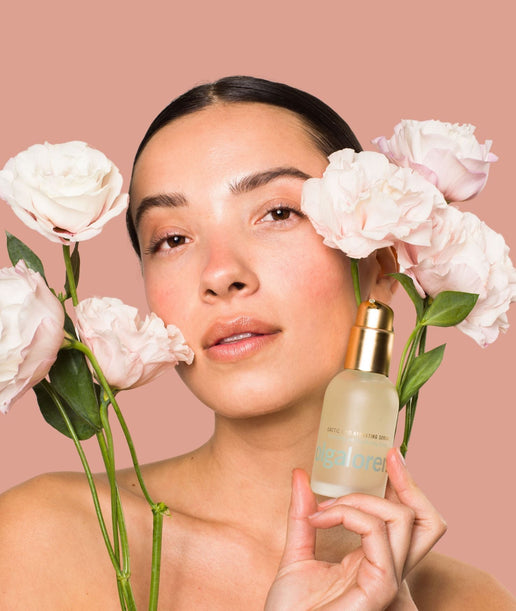
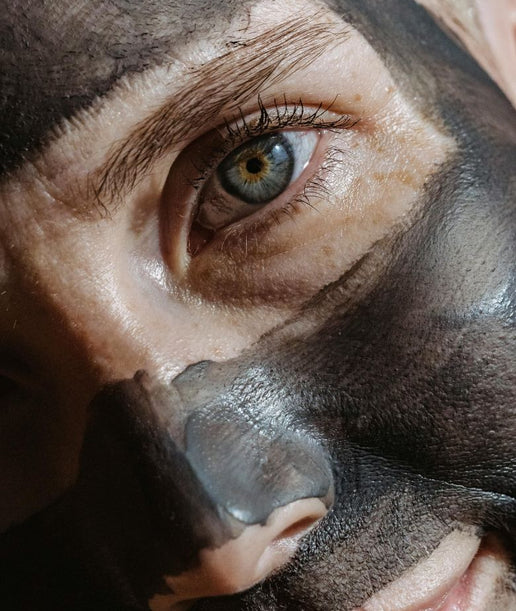
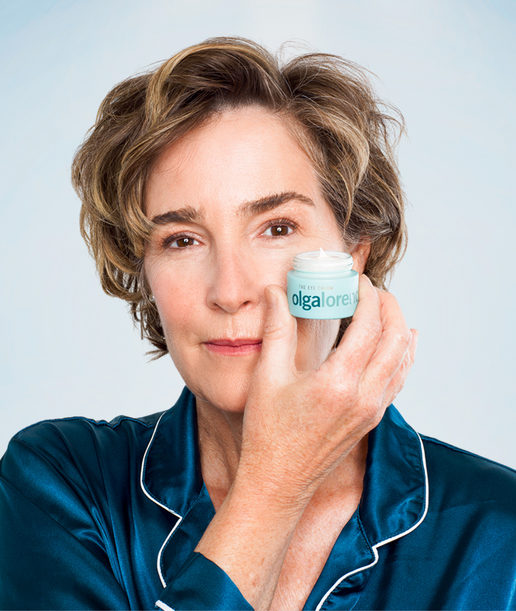
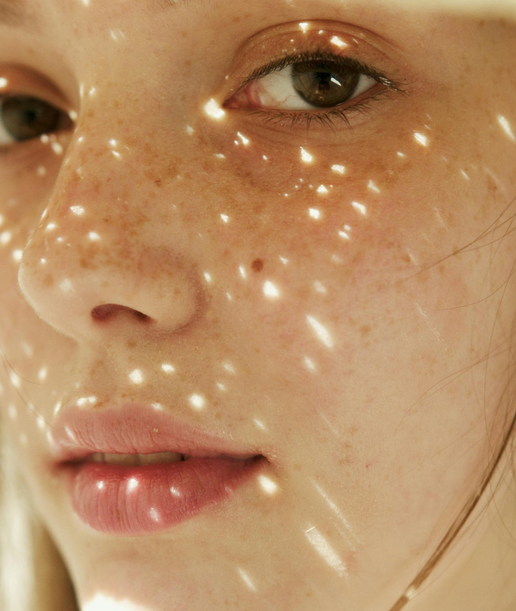
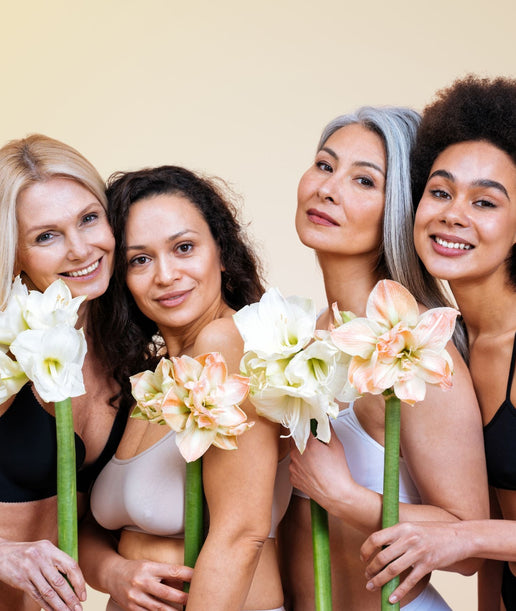
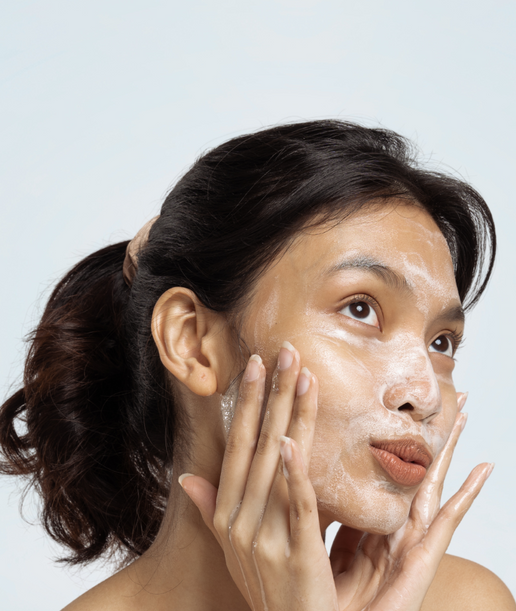
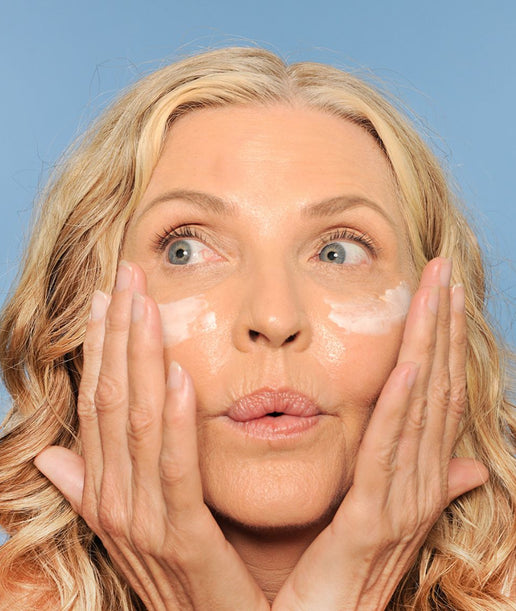
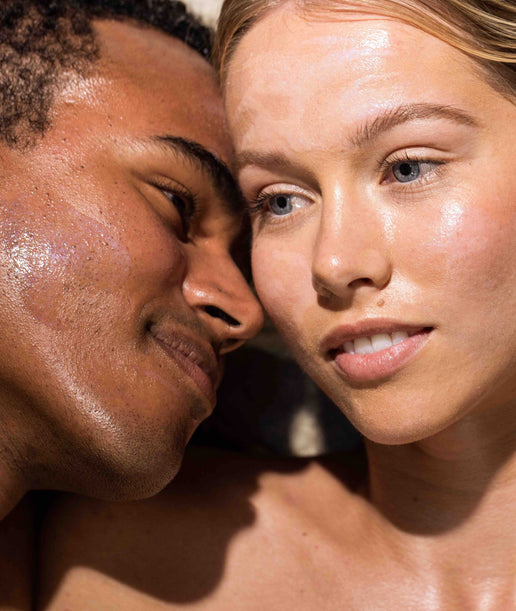
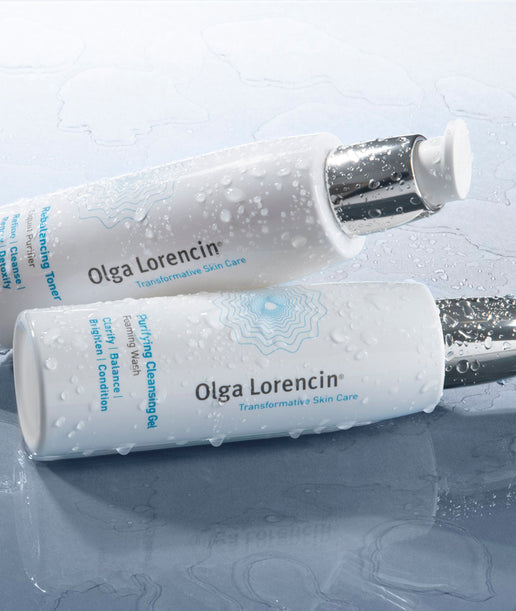
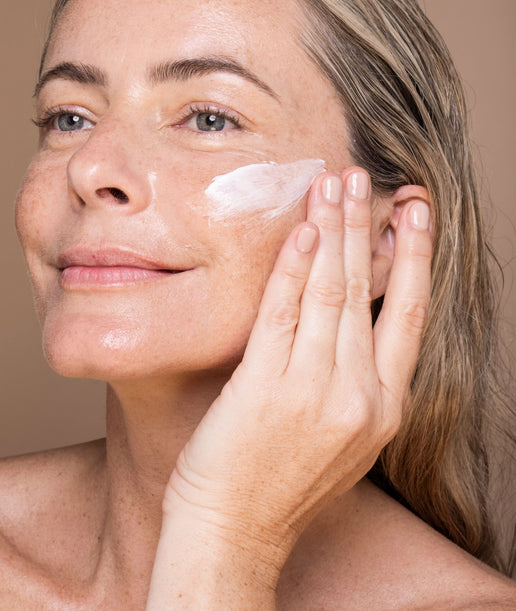
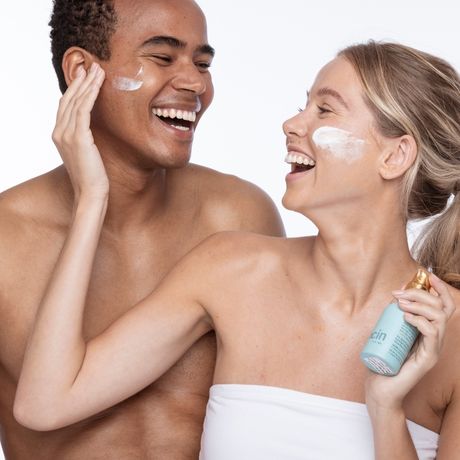
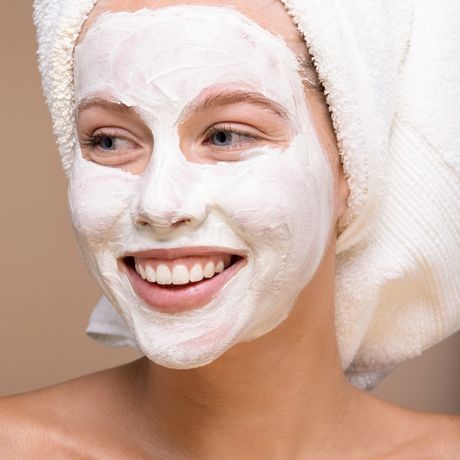
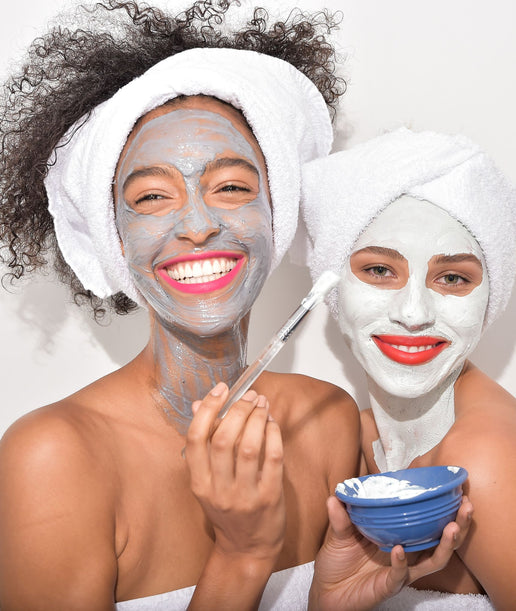

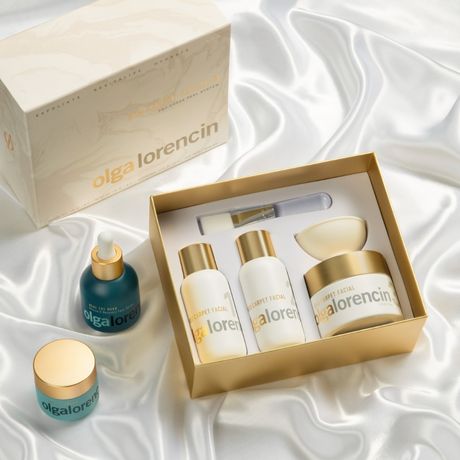
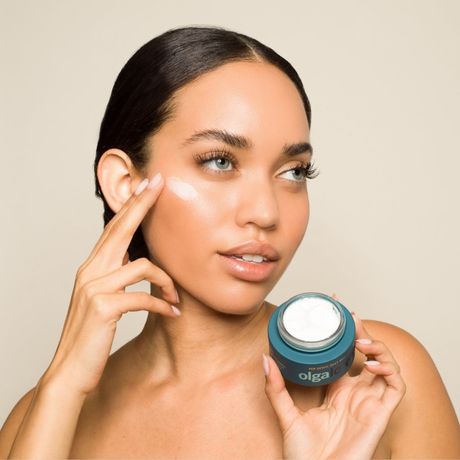
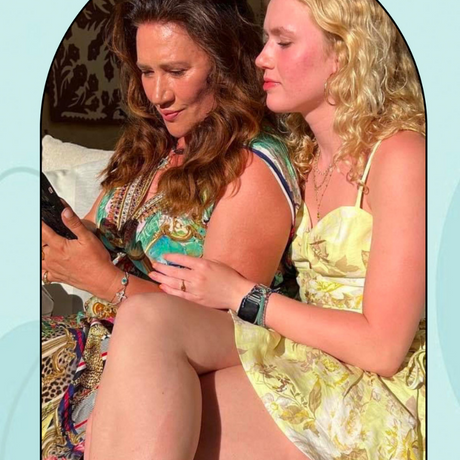
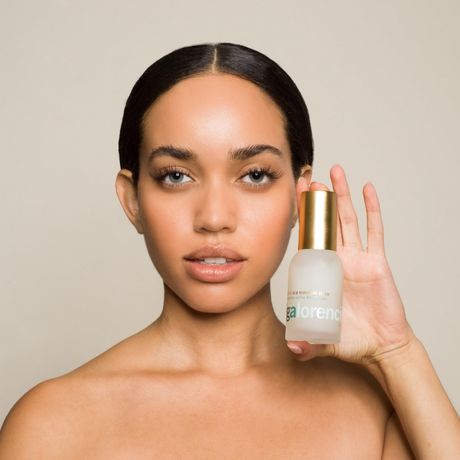
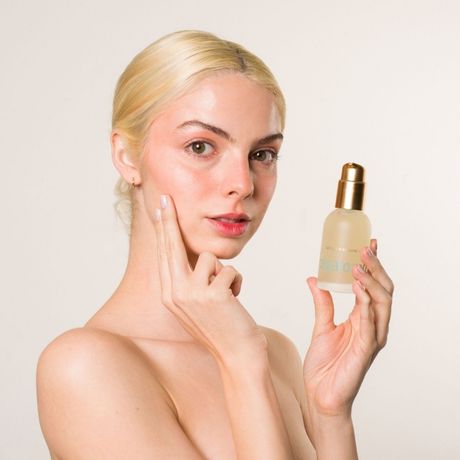
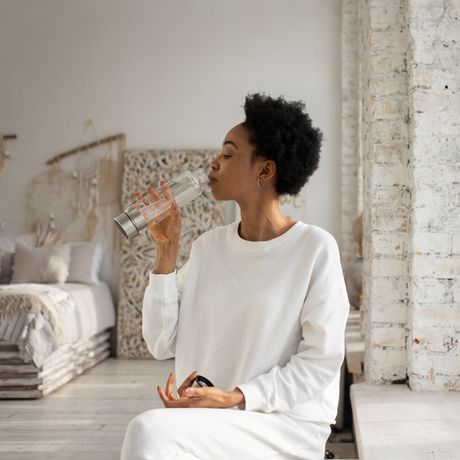
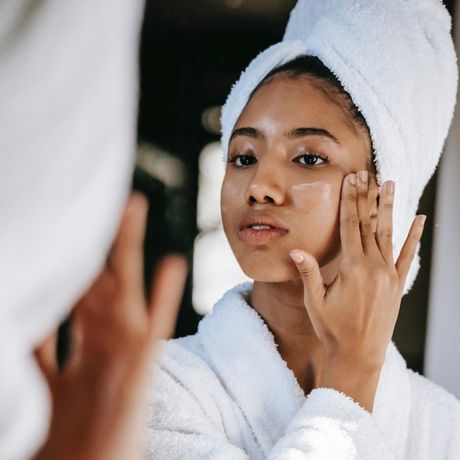
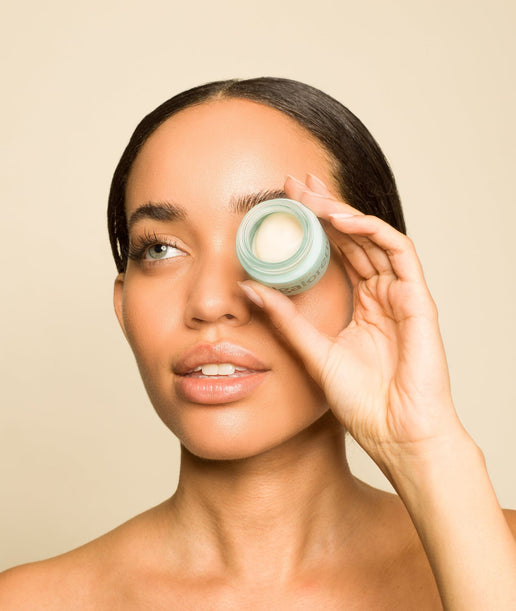

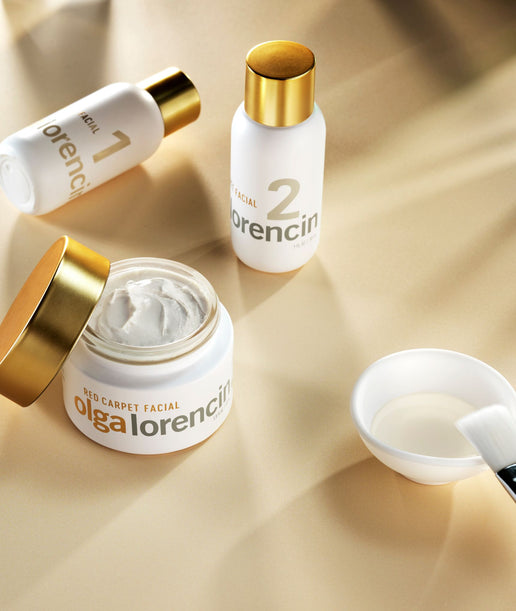
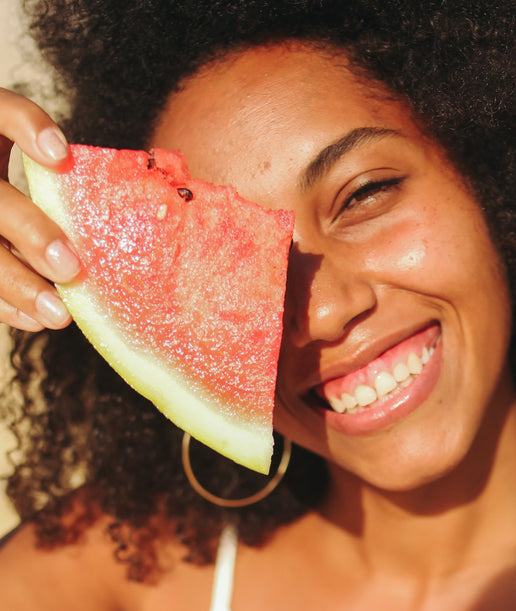
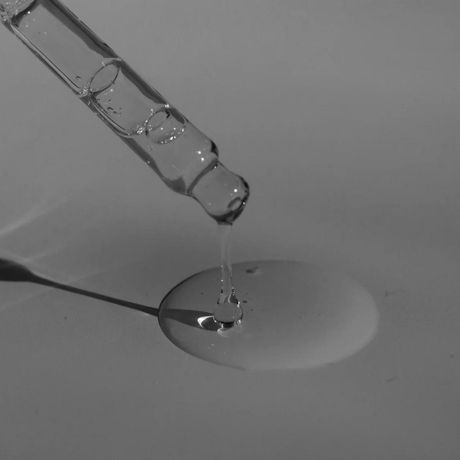

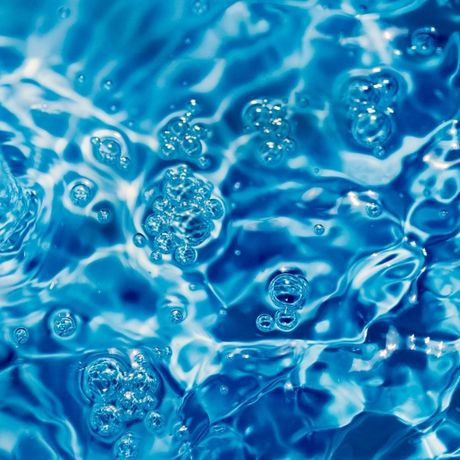
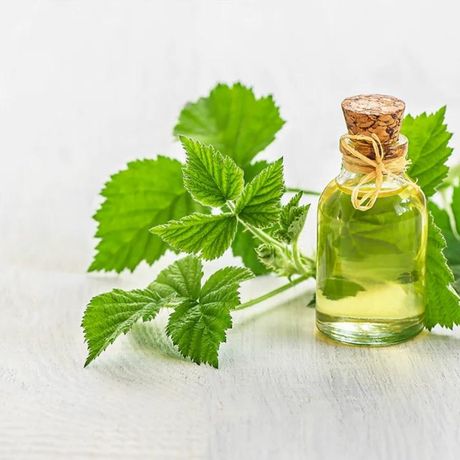
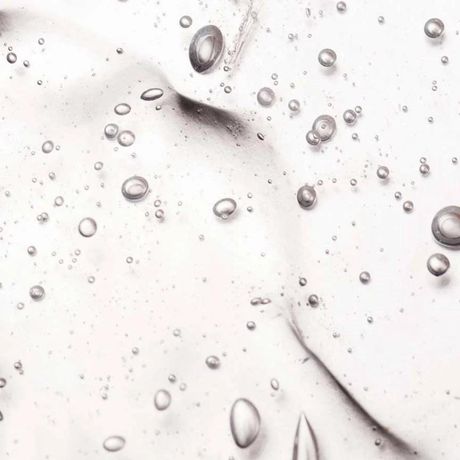
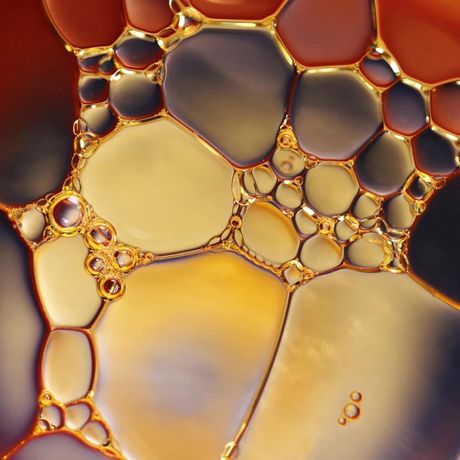
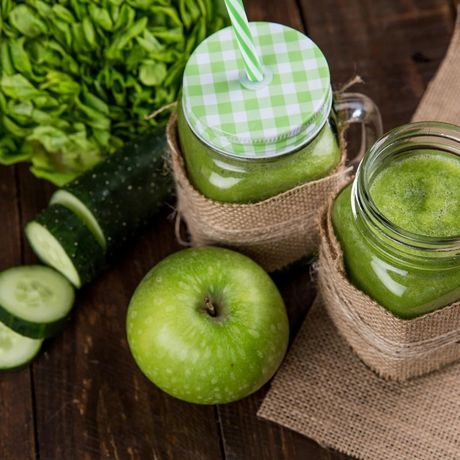
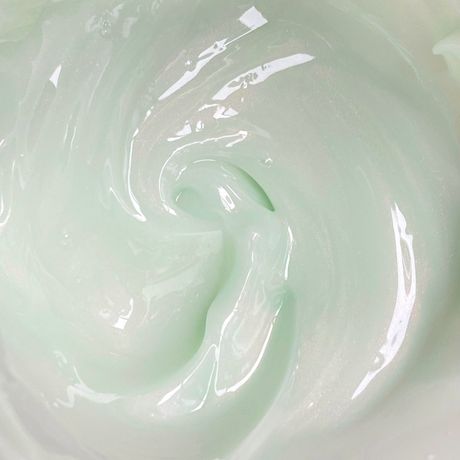
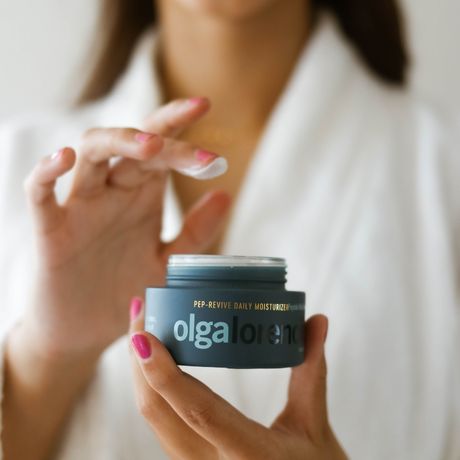
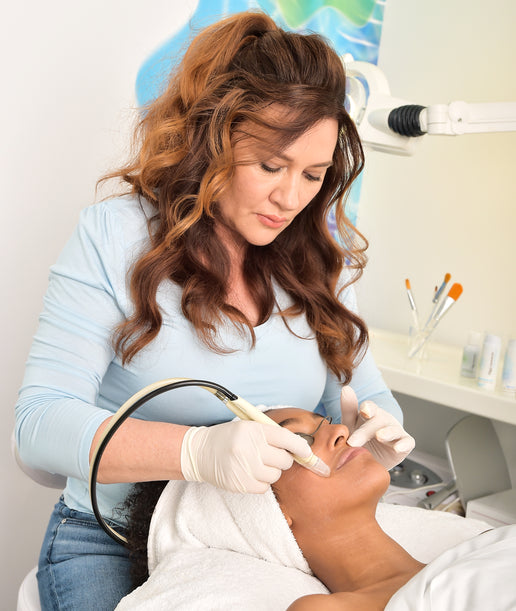
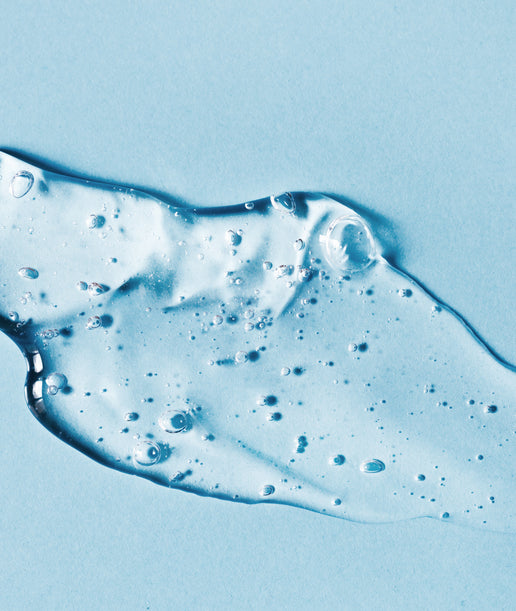
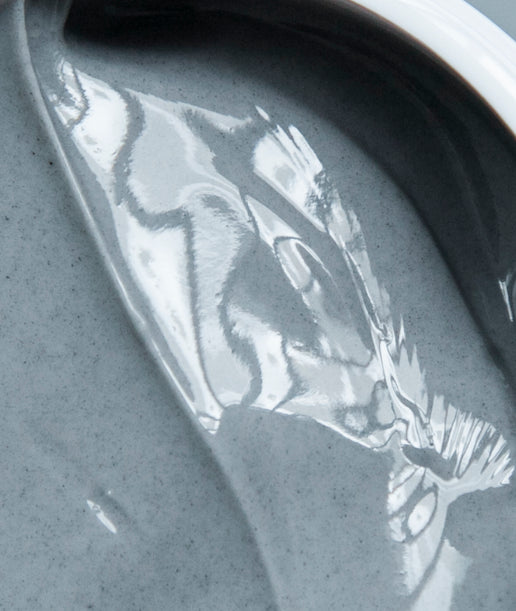
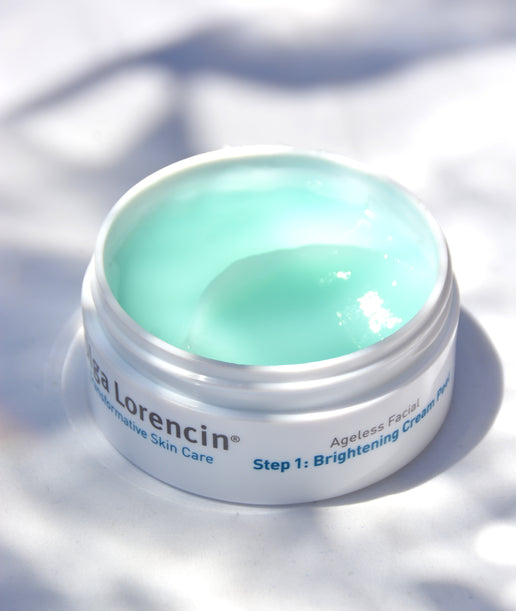
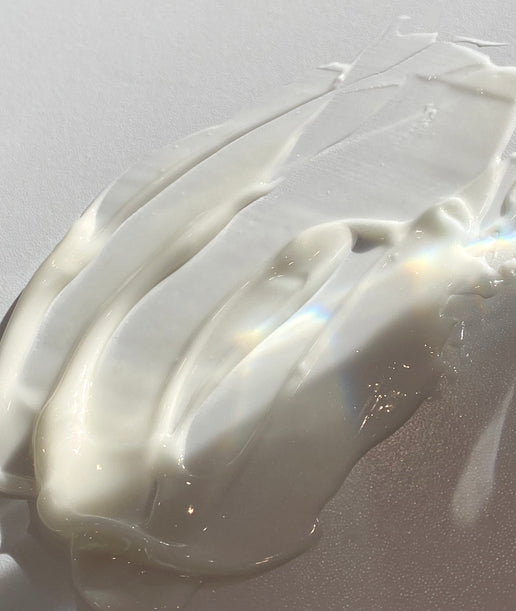
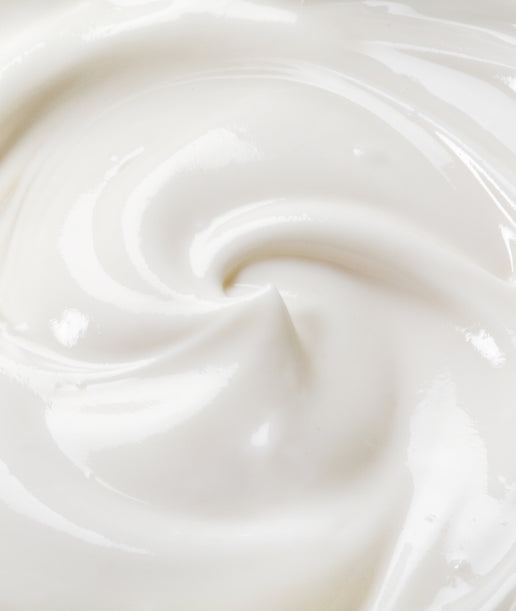
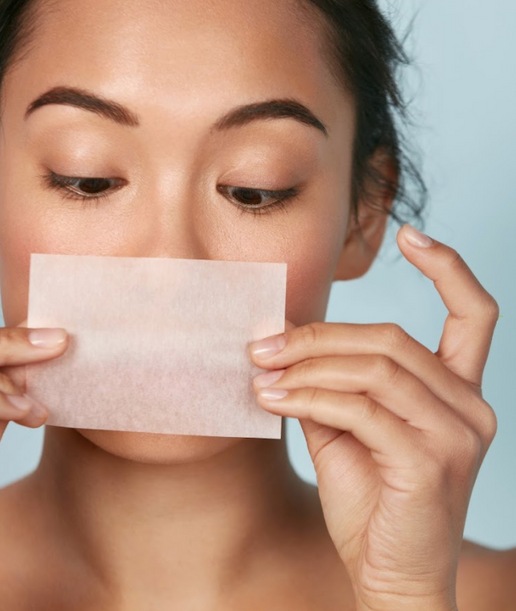
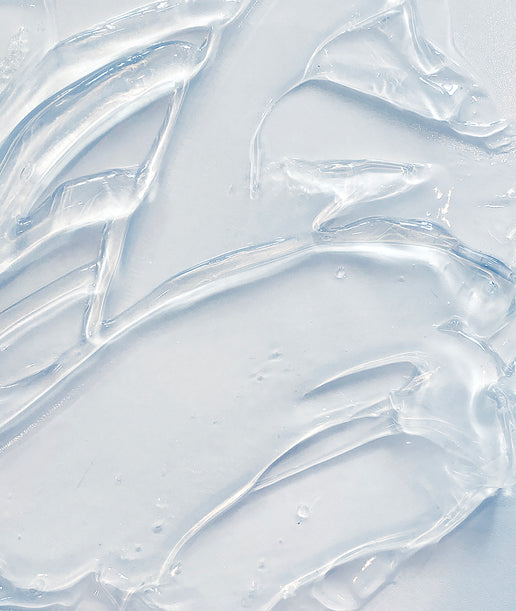
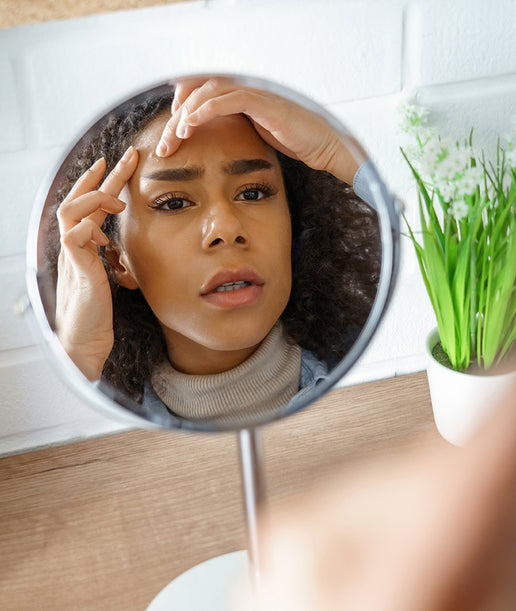
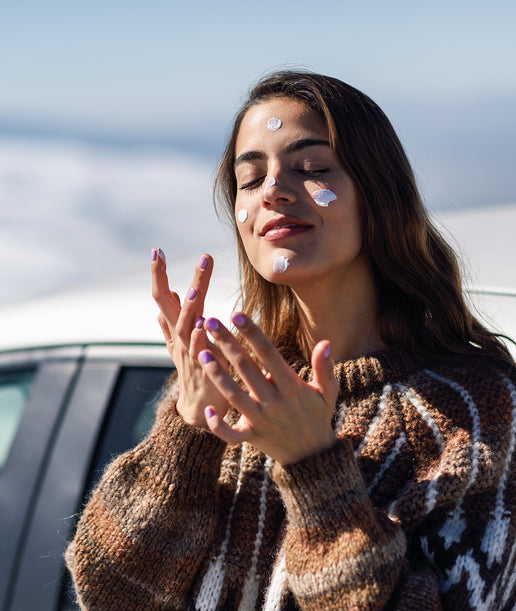
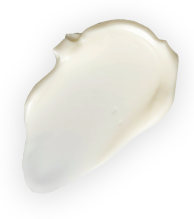 Unlock 15% off your first order
Unlock 15% off your first order